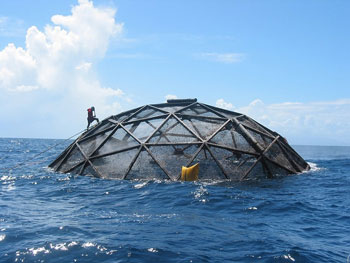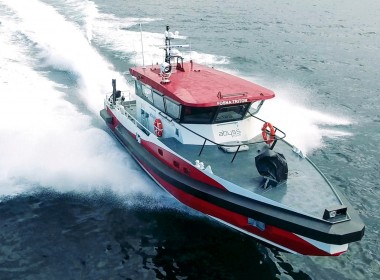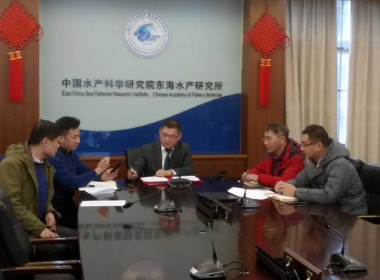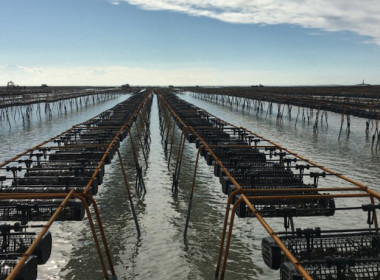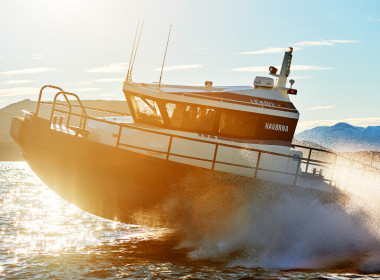Aquaculture Stewardship Council launches consultation on new requirements to improve welfare of farmed fish

The Aquaculture Stewardship Council (ASC) has begun consulting the public on new requirements to improve the welfare of farmed fish.
The ASC said the requirements take advantage of new developments and research to cover issues including water quality, stocking density, and slaughter.
The consultation commenced on Wednesday, September 1 and is the first phase of ASC’s wide-ranging fish welfare project. A second phase will follow for public consultation at a later date following further research and development with the objective of bringing in other species and addressing further welfare issues.
The public consultation is open and will allow anyone with an interest or expertise to provide feedback on the proposed additions to ASC standards. ASC is particularly targeting producers, experts from animal welfare NGOs and charities, scientists and researchers, and auditors.
It is one of two public consultations to be launched. ASC is also consulting the public on important documents that will accompany the recently published ASC Feed Standard.
Both consultations will run for sixty days. They are open to all members of the public by visiting the ASC website, reading the summaries and completing short online surveys.
Interested parties may view more information and access the consultation on the Fish Welfare Project page. The consultation on the Feed Standard supporting documents can be found on the Feed CAR/RUoC page.
Welfare requirements
All ASC standard revisions are based on rigorous scientific evidence and research. The Technical Working Group for fish welfare, made up of scientists, NGOs, producers and retailers, has been studying and commissioning research to inform the new requirements.
What has been clear is the scope of welfare is so wide, and study of some areas so new, the topic is best divided into two phases.
ASC said this approach allows the council to move forward with indicators covering issues on which there is a clear evidence base and can be implemented in the short-term, while continuing to research the remaining issues. It means that some questions in the public consultation will be asking stakeholders for feedback on specific proposed issues for inclusion in the ASC standards, while other questions will ask for information that will be used to further plan and develop additional welfare requirements.
The ASC clarified that some issues will not be included in this round of consultation.
The first phase of the welfare project will include:
- Requirements of best practice for water quality
- Setting of limits for stocking density to require best practice
- As an initial approach, prohibiting a number of slaughter practices: asphyxia (suffocation); carbon dioxide; salt baths or ammonia. Further requirements on slaughter will be added in later phases, such as the prohibition of the use of ice slurry for slaughter, to encourage ongoing improvements.
The phase one requirements above will apply to ASC-certified finfish farms. However, included in phase one will be a requirement for good management practice for all farmers of fish, crustacean and bivalve species, covering issues such as staff training and risk assessment.
Next steps
Responses to both consultations will be used to refine the draft documents. The first phase of the welfare requirements will be finalised with the intention to include them in the upcoming ASC Farm Standard, which will bring together all certified species into one standard.
The second phase will be worked on by ASC staff and the Technical Working Group with an aim to publish more documents for public consultation in 2022.



